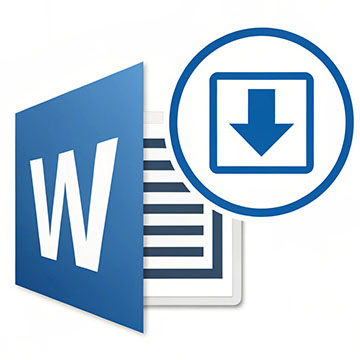Integrating Peer-Pair Tutoring in Improving Students’ Mathematics Motivation in Geometry
DOI:
https://doi.org/10.46328/ijses.5462Keywords:
Peer-pair tutoring, Mathematics motivation, GeometryAbstract
Peer- pair tutoring refers to a flexible grouping strategy where a student that excels academically is paired with a struggling student to reinforce motivation in learning mathematics. The study utilized a one-shot case study design to assess the outcomes of the peer- pair tutoring intervention on grade 8 students’ mathematics motivation in geometry. The researchers used paired sample T-test as a statistical tool. Moreover, a matrix-formed close- ended questionnaire was utilized as the instrument in gathering students’ mathematics motivation. The instrument used was pilot tested by Fiorella, Yoon, Atit, Power, & Panther (2021) with a Cronbach’s alpha of 0.85. Furthermore, the result of the study implies that the level of Grade 8 students’ mathematics motivation is relatively high. However, the integration of Peer- Pair Tutoring does not improve the mathematics motivation of Grade 8 students in Geometry. While peer tutoring has proven to be a valuable educational tool in many contexts (Lim 2014), including mathematics education, its effectiveness in improving students’ motivation towards mathematics can be influenced by various factors.
References
Gimarangan, T.M., Alsola, S.K.J., & Antipuesto, J.L. (2025). Integrating peer-pair tutoring in improving students’ mathematics motivation in geometry. International Journal of Studies in Education and Science (IJSES), 6(4), 429-438. https://doi.org/10.46328/ijses.5462
Downloads
Published
Issue
Section
License
Copyright (c) 2025 International Journal of Studies in Education and Science

This work is licensed under a Creative Commons Attribution-NonCommercial-ShareAlike 4.0 International License.
Articles may be used for research, teaching, and private study purposes. Authors alone are responsible for the contents of their articles. The journal owns the copyright of the articles. The publisher shall not be liable for any loss, actions, claims, proceedings, demand, or costs or damages whatsoever or howsoever caused arising directly or indirectly in connection with or arising out of the use of the research material.
The author(s) of a manuscript agree that if the manuscript is accepted for publication in the International Journal of Studies in Education and Science (IJSES), the published article will be copyrighted using a Creative Commons “Attribution 4.0 International” license. This license allows others to freely copy, distribute, and display the copyrighted work, and derivative works based upon it, under certain specified conditions.
Authors are responsible for obtaining written permission to include any images or artwork for which they do not hold copyright in their articles, or to adapt any such images or artwork for inclusion in their articles. The copyright holder must be made explicitly aware that the image(s) or artwork will be made freely available online as part of the article under a Creative Commons “Attribution 4.0 International” license.

This work is licensed under a Creative Commons Attribution-NonCommercial-ShareAlike 4.0 International License.




